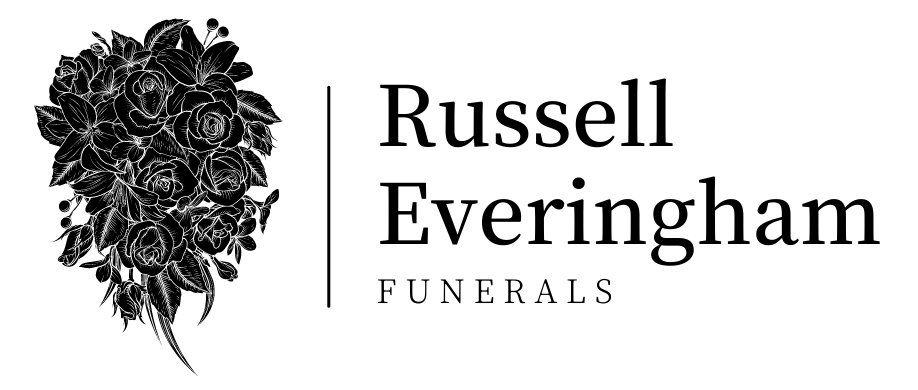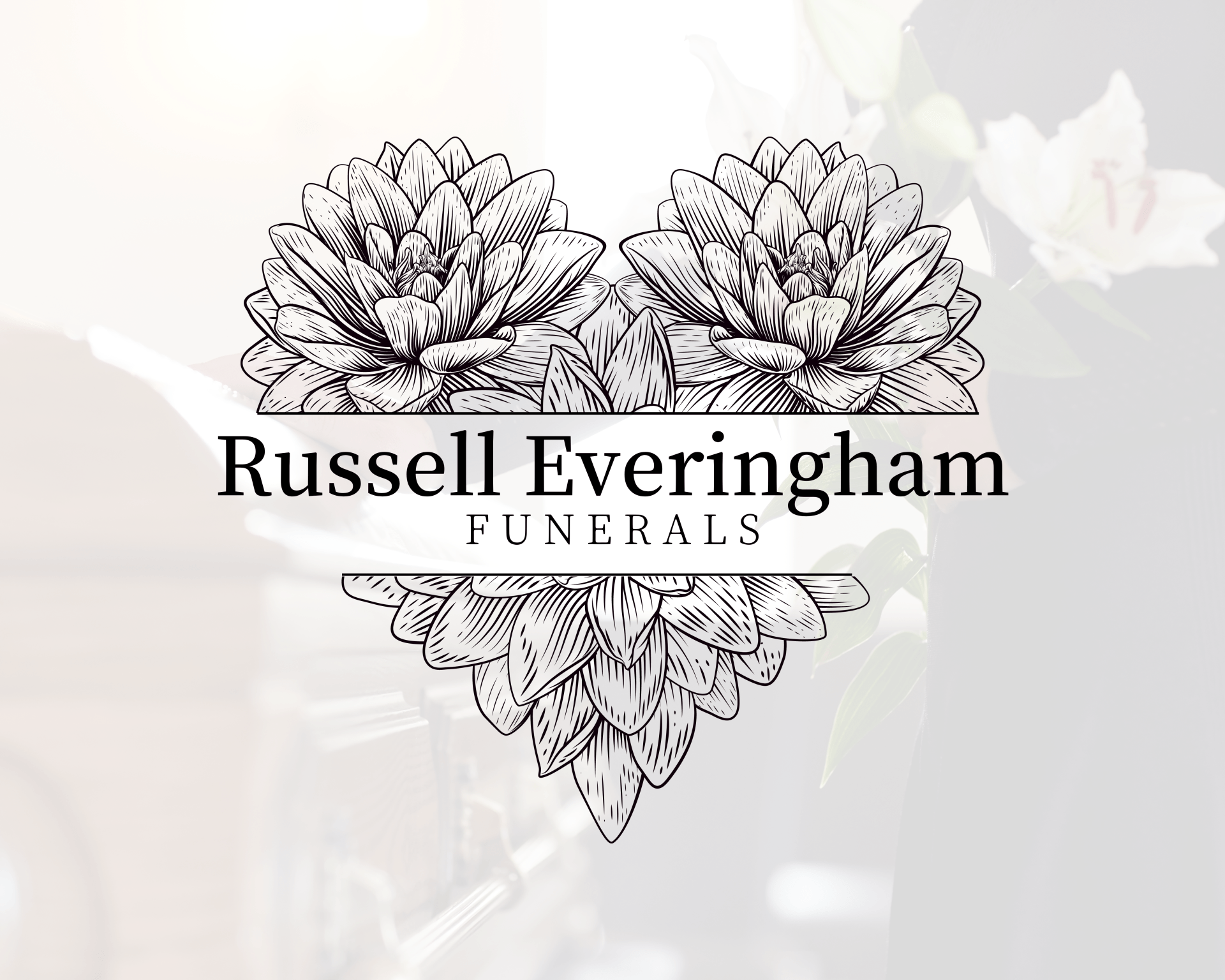Useful Information About Funeral Services
Upcoming Notices
Legal & Burial Procedures
When arranging a funeral, there are many legal, religious, cultural and practical requirements to consider. At Russell Everingham Funerals—and together with our partners at Shakespeare Funerals—we’ve been assisting Narromine locals with funeral procedures since 1894. We can help with:
- Public health regulations for burials & cremations
- Occupational health & safety requirements regarding handling of the deceased’s body
- Council requirements
- Death registrations
And much more. Below you can learn about what services are available for taking care of the deceased’s body. Please get in touch with us on (02) 6882 2434 for enquiries.
Burial & Cremation
You can either cremate or bury a loved one after they’ve passed away and the decision of which to choose is a personal one. Cremations are generally cheaper than burials and also take up less land. However, some people prefer burials because they allow them to visit the gravesite and feel closer to the deceased.
Embalming
Embalming is a practice that dates back thousands of years. In early times, it was done in an attempt to preserve the body for the afterlife. Today, it is carried out for two reasons: to preserve the body so that funeral arrangements can be made at a later date, and to prepare the body for public display. It is also necessary if a body needs to be repatriated interstate or overseas.
Religious & Cultural
We understand each culture and religion has different ways of conducting memorial services and dealing with grief. You can rest assured our professional team will respect your beliefs and assist you and your family during this difficult time. Please contact us to discuss your requirements.
Death Away From Home
We offer repatriation services and can arrange transport for deceased individuals to funeral homes all over Australia and the world. Our team can also liaise with funeral directors in other locations to organise the safe return of loved ones who have passed away, as well as assist you with any associated legal requirements. Our repatriation services include:
- Preparing documents & permits
- Translating documents
- Preparing the deceased’s remains for transport (embalming or cremations)
- Making airline & funeral home arrangements
- Organising airline & destination country’s transportation requirements (caskets, outer shipping containers, urns, etc.)
Q&A
-
Can we dress the deceased?
You may like to choose a favourite piece of clothing for your loved one to be dressed in. The deceased can wear their own clothes, gown or a breasting (which is a head-to-toe dignity cover.) Your loved one’s hair and makeup will be done. Jewellery such as wedding and engagements rings can be placed on the deceased as well as rosary beads and other jewellery.
-
Can the funeral director stop me from viewing the deceased?
Due to public health regulations, people carrying some infectious diseases are not able to be viewed. We work with the family to manage each situation on a case-by-case basis.
-
How do I make funeral arrangements?
Russell Everingham Funerals are here to ensure that every detail is attended to as your family has requested. Our role is to guide the family through the arrangements in a caring and understanding manner. You can speak with us at our office or in your home, wherever you feel most comfortable. Specifically, the duties of a funeral director are to:
- Meet with and discuss the many aspects of the funeral with the family, setting out the various choices available and the costs involved.
- Once the funeral arrangements are set, liaise with various organisations which may include clergy, cemetery, crematorium, hospital, doctor and service organisations to confirm arrangements.
- Arrange to collect the deceased from the place of death and prepare for viewing, place Death and Funeral notices in local and metropolitan newspapers, organise any family floral tributes, conduct the funeral on the day and time decided and finalise the necessary paperwork to ensure all legal requirements are met.
-
How much choice does the family have in funeral arrangements?
The family has absolute choice with certain exceptions as in the case of a Coronial Investigation where in some murder cases permission may be given for a funeral by burial only. Our funeral directors can provide options to a family, but it is the families’ right to choose whatever they wish providing necessary legal requirements are met.
-
Is it compulsory to use a funeral director?
A company such as a funeral director that has access to a mortuary and that complies with the appropriate health regulations is necessary when dealing with a deceased person.
-
When does the coroner become involved?
If the doctor is unable to certify the cause of death, it is necessary to contact the police, who then will liaise with coronial staff. This will be necessary in such instances as:
- Death other than by natural causes, including violence, accidental or unusual causes.
- Whilst under anaesthetic (or within 24 hours of the administration of an anaesthetic).
- Unexpected death.
- Death of a person in an institution, a prison or in police custody, drug or alcohol rehabilitation centre.
- When the cause of death is unknown.
Coronial staff or a government appointed funeral company will transfer the deceased to the coroner. A post-mortem examination, also known as an autopsy, is a detailed examination conducted to establish the cause of death. This examination is carried out by a doctor known as a pathologist. We will then liaise with coronial staff regarding release of the deceased into our care.
-
Will I receive my loved one’s ashes and what reassurance would I have of receiving them and no one else’s?
An identifying nameplate is placed on a coffin prior to cremation. Before cremation the nameplate is removed and used as a marker for the remains. The ashes of the deceased are then packaged for us to take back to our premises for the family to collect.
SITE LINKS
OUR SERVICES
OFFICE HOURS
- Monday
- -
- Tuesday
- -
- Wednesday
- -
- Thursday
- -
- Friday
- -
- Saturday
- Closed
- Sunday
- Closed
***In the event of someones passing we are available 24hrs.
LICENCES
ABN: 26 971 351 122


















